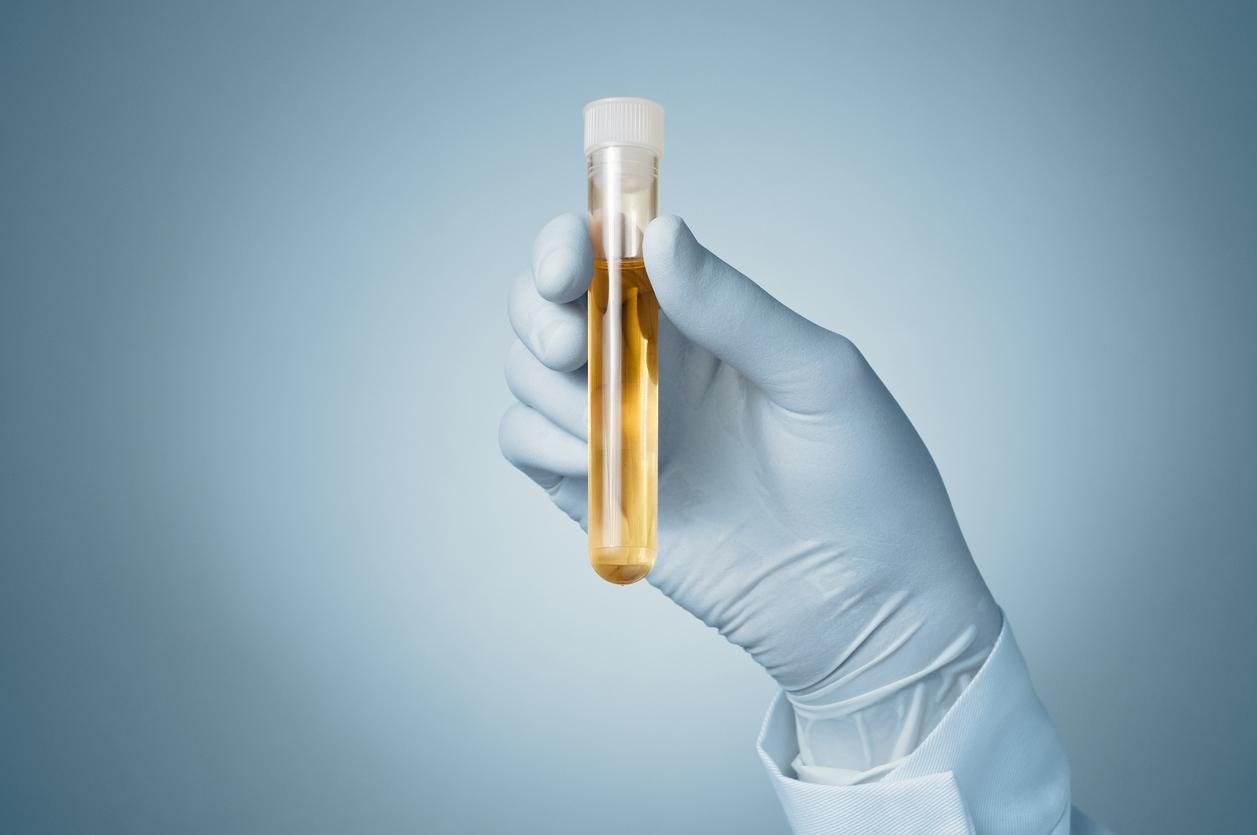Betaine, a nutrient found in particular in beets, can treat many dysfunctions characteristic of schizophrenia and restore healthy neuronal structure and connections.

- Betaine is also found in raw spinach and seafood.
- The amount of betaine decreases in the brain of schizophrenic patients.
- A supplement allows the cellular skeletons to return to a normal shape.
Beets have many health benefits. Very rich in nitrate, it improves sports performance and promotes better vascular and cognitive health in the elderly. Betaine, another nutrient contained in beets but also found in raw spinach and seafood, is said to relieve symptoms of schizophrenia. Neurologists from the University of Tokyo report that a betaine supplement can treat many of the dysfunctions characteristic of this disease and restore healthy neuronal structure and connections. They presented the results of their study on April 13 in the journal Cell Reports.
The cellular skeleton regains its shape
Previous genetic studies have identified possible links between schizophrenia and variations in a gene in the kinesin family 3b (kif3b), as well as another gene involved in the body’s internal synthesis of betaine. In this study, the neurologists focused their research on 45 kinesin genes, most of which code for “motor” proteins that move materials around the cell. Normally, the kif3b protein binds with another protein from the kinesin family and transports materials through a neuron along the cell’s skeleton. In people with schizophrenia, this circuitry is impaired and the shape of the cellular skeleton changes.
The researchers conducted their study on mice with a genetic mutation responsible for schizophrenia. These rodents have only one functional copy of the kif3b gene, causing them to avoid social interactions and show weakened responses similar to those of human patients with schizophrenia.
A future treatment for schizophrenia?
This study revealed that once supplemented with betaine, the mice regained a “normal”, more social behavior. To understand the process behind this return to normal, the researchers marked in vitro nerve cells that exhibit the kif3b mutation by fluorescence. They found that betaine causes the cell skeleton to return to a normal shape. While the Kif3b mutant neurons had very long branches with too many dendrites, betaine helped restore them to a healthier structure. The food supplement seems to protect a crucial protein for the brain: CRMP2. This allows kif3b mutant neurons to rebuild into an appropriate structure.
“We know that the amount of betaine decreases in the brains of schizophrenic patients, so this study strongly suggests that betaine could be therapeutic for some types of schizophrenia at least.”, concluded the researchers. They plan to conduct clinical trials to study betaine as a possible treatment for schizophrenia.

.

















